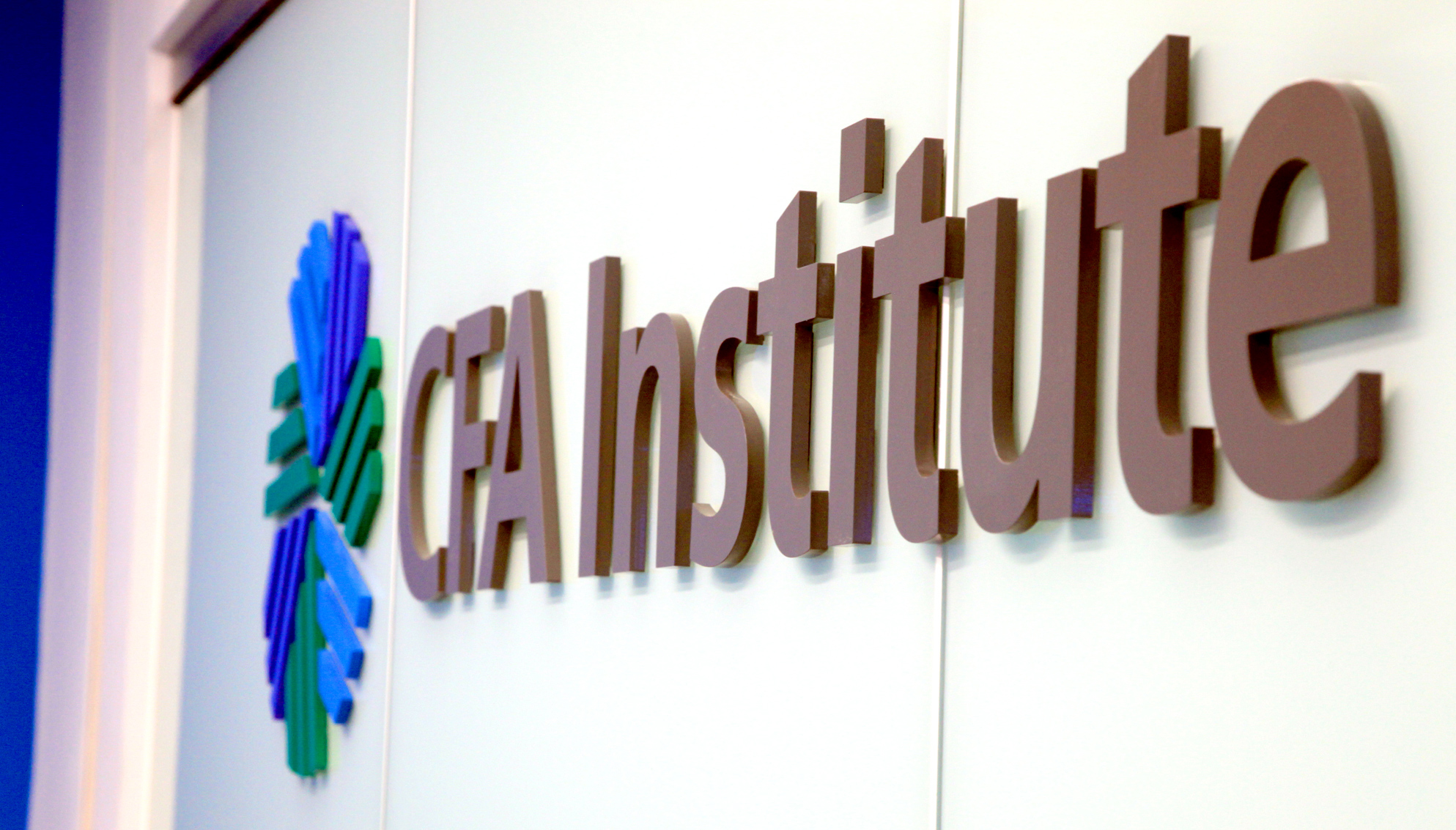CFA Program exam – Level I
This is the first step in a three part series which enables you to get the most respected investments related qualification in the world. While there are many competing qualifications for every profession (e.g. national level professional bodies for accountants and doctors), there is only one for Financial analyst/Investment profession. UK, Canada, China and every other country’s investment profession is dominated by the same one certification i.e. CFA Program offered by CFA Institute, USA. You can learn more about the program by visiting website of FinQuiz – Approved Prep Provider by CFA Institute.
Fees for Level 1
A one time enrollment fee of $450. Exam fee is approximately $650 for each exam level. Total cost comes to $2400 ($450 + (3x$650)). This makes it far cheaper than any MBA program. On top of this, you can continue to work and earn while studying for CFA Program. Note: Above mentioned fees assume that you register on earliest registration deadlines as fees increase 30-50% as exam approaches. Many candidates mention the low cost and the freedom to continue to work as big factor in their decision to opt for CFA Program.
Registration
You register online on the website of CFA Institute. Level I exam is offered twice a year – June and December; and candidates are expected to register about eight months before the exam.
CFA Exam Registration document requirement:
Candidates register by providing details of their passport which should be valid on the exam day.
Exam test centers
CFA Institute conducts exam in test centers across many states and many countries in the world. You can change test center location after the registration by filling out a simple form and submitting it to CFA Institute.
Exam dates
Exam is conducted on first Saturday of June and December. There are few exception to this. Exam is conducted on first Sunday in Asia Pacific region for candidates of exam level 1. Religious alternate days are also available.
Topics
CFA Program curriculum for exam level 1 has ten topics. These include financial statement analysis, corporate finance, portfolio management, equity investments, fixed income investments, derivatives, alternative investments, quantitative methods, economics and ethics. Not all ten topics have equal weights. Some topics are tested with more questions than others. For example: Ethics. Candidates with prior backgrounds in business are able to immediately recognize familiar topics like NPV, IRR, GAAP and Dividend discount model etc.
Requirements
You need to have sixteen years of education to register for CFA Program. OR Four years of full-time work experience (in any field). OR Fourteen years of education plus two years of full-time work experience.
Study material
CFA Institute provides you with curriculum (around six books of 300 pages each for exam level 1). Candidates get access to practice questions and mock exam as well. Past exam papers for levels I and II are not released by the Institute. CFA Institute has approved few commercial third-party prep providers. The list includes names as Wiley, Kaplan, Bloomberg, Fitch Learning, PWC Academy.
Why CFA Program exam is so popular?
There are quite a few reasons for world wide popularity of the program.
Nature of work of financial analysts
Financial analysis work is more suitable for self study learning because it does not involve large teams. A single person with access to electronic research tools and software can do the work. Work is more like of a technician or craftsman and does not involve organization of large number of resources. There is little need for university style learning environment The work requires basic understanding of few subjects and detailed of others. Reading books without need for professor guided assignments and projects gives you all the knowledge needed.
Lack of national standards
Unlike accountants and doctors, financial analyst operate without any national level work standards. This allows presence of a single global certification. Also, global nature of banking allows and sometime requires frequent relocation of human resource. Having one global certification makes every ones life easier.
Dynamic nature of curriculum
CFA Institute updates curriculum every year based on feedback from professionals. This results in additions and deletion of chapters every year. Text book style learning material – which is revised once a decade or so cannot work in financial analysis profession.

